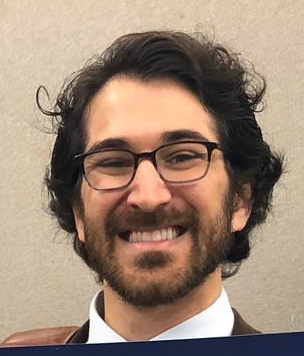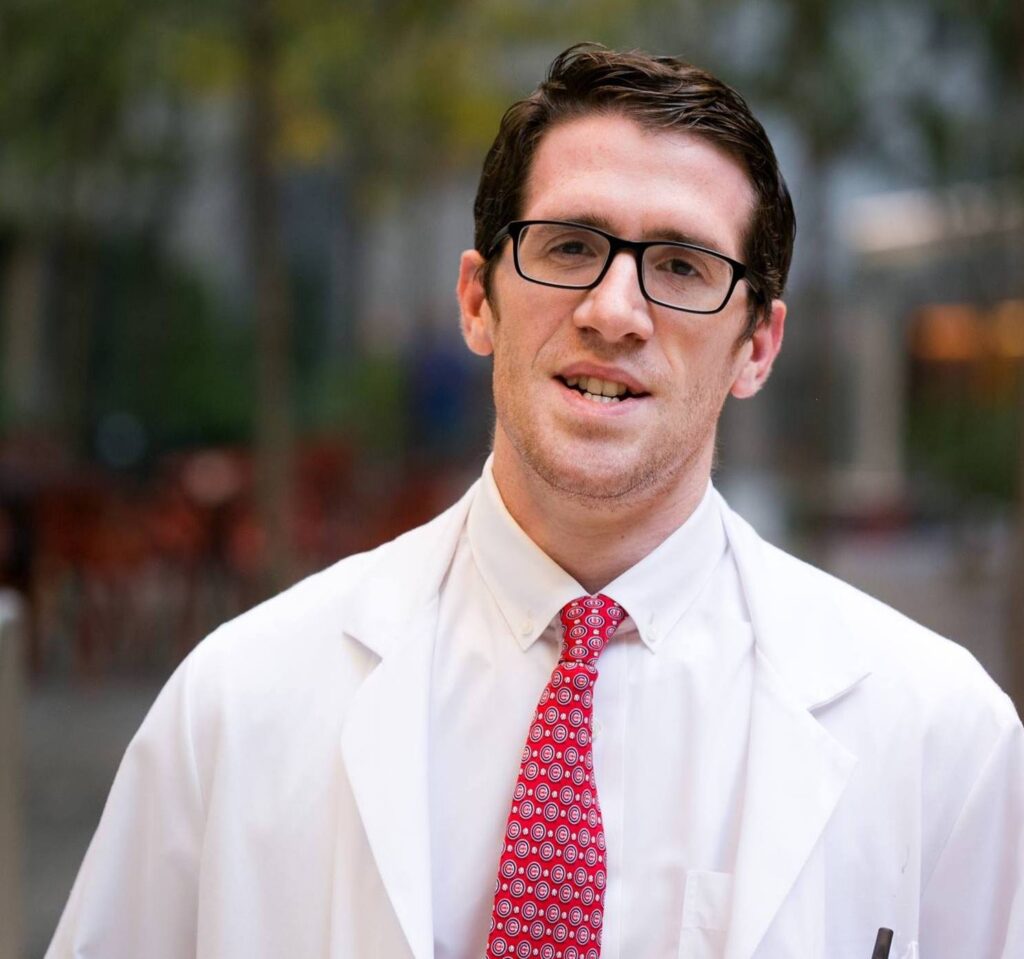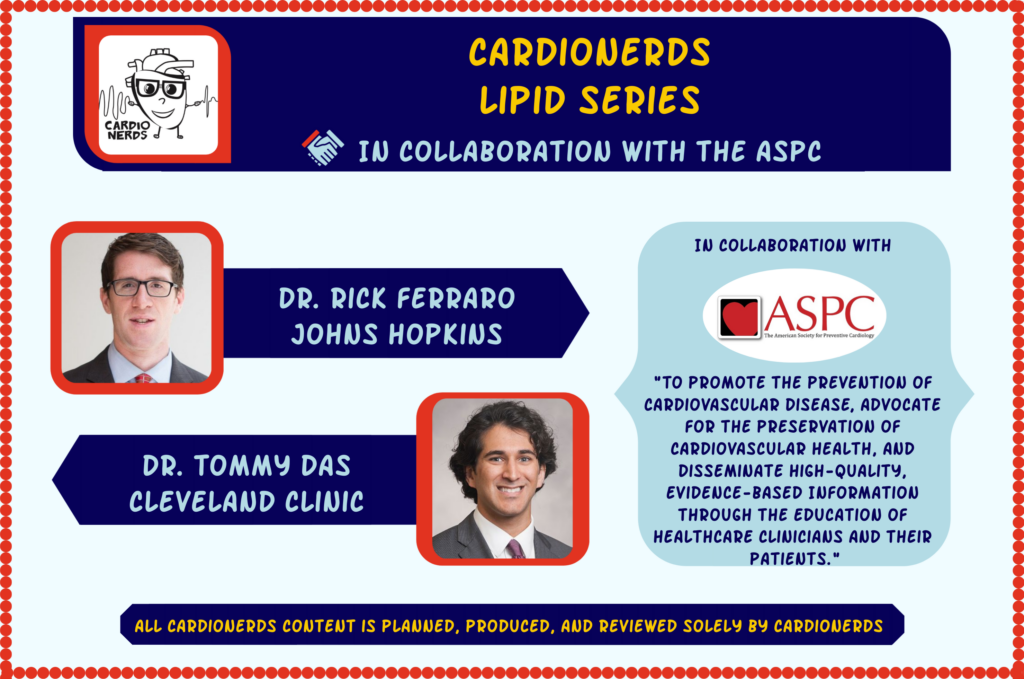
 Cardionerds: A Cardiology Podcast
Cardionerds: A Cardiology Podcast 143. Lipids: (Non)-Fasting LDL & Furious Lipid Lowering with Dr. Alison Bailey
Dr. Bailey's Prevention Origin Story
- Dr. Alison Bailey shares her personal journey into cardiovascular prevention driven by witnessing rural health disparities and chronic diseases.
- Working at a low-calorie weight loss clinic revealed diet's profound impact on diabetes, heart failure, and hypertension medication needs.
Lifestyle First for LDL Management
- Counsel patients to prioritize lifestyle changes first and last, focusing on whole plant-based foods and minimizing processed meats and refined carbs.
- Encourage weight loss and modest but consistent physical activity starting from any baseline, as even small changes yield major cardiovascular benefits.
Aggressive LDL Lowering in Secondary Prevention
- For secondary prevention, initiate high-intensity statins aiming for >50% LDL reduction and consider adding ezetimibe and PCSK9 inhibitors if LDL remains >70 mg/dL.
- Encourage patients to persevere with statins, emphasizing safety and addressing misconceptions highlighted by the SAMSON trial.
CardioNerds Dr. Rick Ferraro, Director of the #CardsJC Journal Club and cardiology fellow at Johns Hopkins, and Dr. Tommy Das, Program Director of the CardioNerds Academy and cardiology fellow at Cleveland Clinic, learn all about the clinical application of the ASCVD primary and secondary prevention guidelines in terms of lifestyle modifications and lipid lowering strategies from Dr. Allison Bailey, Editor-in-Chief of the ACCEL Audio Journal and Advanced Heart Failure and Transplant Cardiologist at Centennial Heart. Dr. Baily was a co-author on the 2018 ACC/AHA Guideline on the Management of Blood Cholesterol.
In this episode we will learn about the current guidelines for primary prevention of ASCVD, the evidence for specific dietary changes in improving cardiovascular outcomes, the current guidelines for secondary prevention of ASCVD, how successful are clinicians and patients in meeting LDL-C recommendations, and what the recent SAMSON trial teaches us about statin intolerance.
If you’re a current internal medicine resident, interested in the intersection between medical education, cardiovascular disease and digital media, consider applying to the CardioNerds Academy using this link. The deadline for this application is October 15th 2021. Learn more by visiting the CardioNerds Academy page.
Relevant disclosure: None
Pearls • Notes • References • Guest Profiles • Production Team
Qoatables – Lipid Lowering with Dr. Alison Bailey
“Lifestyle should be the first step and the last step of everything we do.”
Pearls – Lipid Lowering with Dr. Alison Bailey
- In patients without established clinical ASCVD, the percent reduction in LDL-C is the strongest predictor of cardiovascular benefit. In patients with high LDL-C levels, a 50% reduction in LDL-C levels should be targeted.
- In high-risk patients with established clinical ASCVD, we should target a 50% reduction in LDL-C levels and an LDL-C level less of than <70mg/dL. Lower LDL-C levels are associated with better ASCVD outcomes, and European guidelines recommend targeting an LDL-C level of <55mg/dL.
- LDL-C lowering starts with promoting a health-lifestyle with emphasis on regular exercise and heart-healthy diet. Randomized trials support the efficacy of the Mediterranean diet in reducing cardiovascular events.
Show notes – Lipid Lowering with Dr. Alison Bailey
1. What are the current guidelines for primary prevention of ASCVD?
- The 2019 ACC/AHA Guidelines on the primary prevention of Cardiovascular Disease provides the following guidance for clinicians (applicable to those without established clinical ASCVD):
- For all patients, a heart-healthy lifestyle focused on diet and exercise is the most important way to prevent atherosclerotic disease.
- For any patient with an LDL-C ≥ 190 mg/dL, a high intensity statin is recommended.
- Patients aged 40-75 years old who have diabetes mellitus warrant at least a moderate intensity statin, and may benefit from a high-intensity statin based on additional risk factors
- For patients aged 40-75 years old and with an LDL-C between 70-189 mg/dL without diabetes, the pooled cohort equation can determine 10-year ASCVD risk and guide a patient-centric risk discussion.
- Percent reduction in LDL-C is the strongest predictor of cardiovascular benefit; a 50% reduction in LDL-C should be targeted for most patients.
2. What evidence exists for specific dietary changes in improving cardiovascular outcomes?
- A diet emphasizing intake of vegetables, fruits, legumes, nuts, whole grains, and fish is recommended to decrease ASCVD risk factors. Additionally, minimizing intake of processed meats, refined carbohydrates, and sweetened beverages can reduce ASCVD risk.
- The PREDIMED trial showed that among patients with high cardiovascular risk, a Mediterranean diet supplemented with extra-virgin olive oil or nuts reduced the incidence of major cardiovascular events when compared to a control diet (with advice to reduce dietary fat).
- In a sub-study analysis of PREDIMED, a Mediterranean diet supplemented with nuts was associated with delayed progression of internal carotid intima-media thickness and plaque height by ultrasound, suggesting a mechanistic cause of the Mediterranean diet’s cardio-protective effect.
- The Adventist Health Study-2 cohort demonstrated a significant association between vegetarian diets and decreased all-cause mortality and cardiovascular mortality.
3. What are the current guidelines for secondary prevention of ASCVD?
- Secondary prevention of ASCVD is important for all patients with history of clinical ASCVD (e.g. prior history of ACS, MI, stable or unstable angina, stroke, TIA, or PAD including aortic aneurysm of atherosclerotic origin).
- In these patients, a healthy lifestyle should be emphasized as the first intervention.
- In addition, patients should be started on a high intensity statin. For all patients we should target a percent LDL-C reduction of at least 50%. In high-risk patients (those with a history of multiple major ASCVD events or one major ASCVD event and multiple high-risk conditions), we should target a LDL-C level of ≤70 as well.
- While American guidelines recommend targeting a goal of ≤70 mg/dL, European guidelines recommend a target of ≤55 mg/dL. Most data suggests that lower is better for LDL-C; to learn why, enjoy Episode #132 – LDL Physiology & Function with Dr. Peter Toth)!
- If LDL-C remains above goal (of 70 mg/dL), ezetimibe should be started for an anticipated extra 20% lipid lowering.
- If LDL-C remains above goal, a PCSK-9 inhibitor should be considered. Notably, the ACC’s prior authorization tool is designed to collect data on the approval of these medications.
4. How successful are clinicians and patients in meeting LDL-C recommendations?
- In a recent analysis of the PINNACLE registry (made up of over 2.5 million patients with known ASCVD), 52.7% had no history of being prescribed lipid lowering therapy, and 71.9% did not meet an LDL-C goal of ≤70.
- In the ISCHEMIA trial, only 41% patient patients were on optimal medical therapy by the end of the trial.
- Dr. Bailey suggests an approach to patient counseling wherein patients are aware of which medications actively improve their symptoms, and which medications improve longevity. Additionally, polypharmacy should be avoided through careful medication reconciliation.
5. What does the recent SAMSON trial teach us about statin intolerance?
- In this recent trial, 60 patients with a prior history of statin intolerance were randomized to either atorvastatin 20mg, a placebo, or no treatment. Each patient cycled through all three treatment options.
- When patients were taking either the statin or placebo, they reported significantly more side effects compared to when they were taking no treatment.
- Notably, after learning whether they were taking placebo or statin while experiencing symptoms at the completion of the trial, roughly 50% of patients were able to tolerate a statin.
References – Lipid Lowering with Dr. Alison Bailey
- Arnett DK, Blumenthal RS, Albert MA, et al. 2019 ACC/AHA Guideline on the Primary Prevention of Cardiovascular Disease: A Report of the American College of Cardiology/American Heart Association Task Force on Clinical Practice Guidelines [published correction appears in Circulation. 2019 Sep 10;140(11):e649-e650] [published correction appears in Circulation. 2020 Jan 28;141(4):e60] [published correction appears in Circulation. 2020 Apr 21;141(16):e774]. Circulation. 2019;140(11):e596-e646. doi:10.1161/CIR.0000000000000678
- Estruch R, Ros E, Salas-Salvadó J, et al. Primary Prevention of Cardiovascular Disease with a Mediterranean Diet Supplemented with Extra-Virgin Olive Oil or Nuts. N Engl J Med. 2018;378(25):e34. doi:10.1056/NEJMoa1800389
- Sala-Vila A, Romero-Mamani ES, Gilabert R, et al. Changes in ultrasound-assessed carotid intima-media thickness and plaque with a Mediterranean diet: a substudy of the PREDIMED trial. Arterioscler Thromb Vasc Biol. 2014;34(2):439-445. doi:10.1161/ATVBAHA.113.302327
- Orlich MJ, Singh PN, Sabaté J, et al. Vegetarian dietary patterns and mortality in Adventist Health Study 2. JAMA Intern Med. 2013;173(13):1230-1238. doi:10.1001/jamainternmed.2013.6473
- Grundy SM, Stone NJ, Bailey AL, et al. 2018 AHA/ACC/AACVPR/AAPA/ABC/ACPM/ADA/AGS/APhA/ASPC/NLA/PCNA Guideline on the Management of Blood Cholesterol: A Report of the American College of Cardiology/American Heart Association Task Force on Clinical Practice Guidelines [published correction appears in Circulation. 2019 Jun 18;139(25):e1182-e1186]. Circulation. 2019;139(25):e1082-e1143. doi:10.1161/CIR.0000000000000625
- Authors/Task Force Members; ESC Committee for Practice Guidelines (CPG); ESC National Cardiac Societies. 2019 ESC/EAS guidelines for the management of dyslipidaemias: Lipid modification to reduce cardiovascular risk [published correction appears in Atherosclerosis. 2020 Jan;292:160-162] [published correction appears in Atherosclerosis. 2020 Feb;294:80-82]. Atherosclerosis. 2019;290:140-205. doi:10.1016/j.atherosclerosis.2019.08.014
- Wood FA, Howard JP, Finegold JA, et al. N-of-1 Trial of a Statin, Placebo, or No Treatment to Assess Side Effects. N Engl J Med. 2020;383(22):2182-2184. doi:10.1056/NEJMc2031173
- O’Keefe JH Jr, Cordain L, Harris WH, Moe RM, Vogel R. Optimal low-density lipoprotein is 50 to 70 mg/dl: lower is better and physiologically normal. J Am Coll Cardiol. 2004;43(11):2142-2146. doi:10.1016/j.jacc.2004.03.046
Guest Profiles

Alison L. Bailey @a_l_bailey is a General Cardiologist in Chattanooga, TN. She completed her medical training (all of it!) at the University of Kentucky and has been using what she learned there for the last 20 years. She loves ALL of cardiology, but spends most of her clinical time in prevention and heart failure. She believes that Food is Medicine and is passionate about helping her community find healthier ways to live. She has been involved in medical education throughout her career as a chief resident, chief fellow and Cardiology Fellowship program director. She currently serves as the Editor-in-Chief of ACCEL and thinks the most important contribution any of us can make is to elevate medical education. She believes in the mission of CardioNerds wholeheartedly. She enjoys cooking, reality TV and hanging out with Max, her favorite son.






